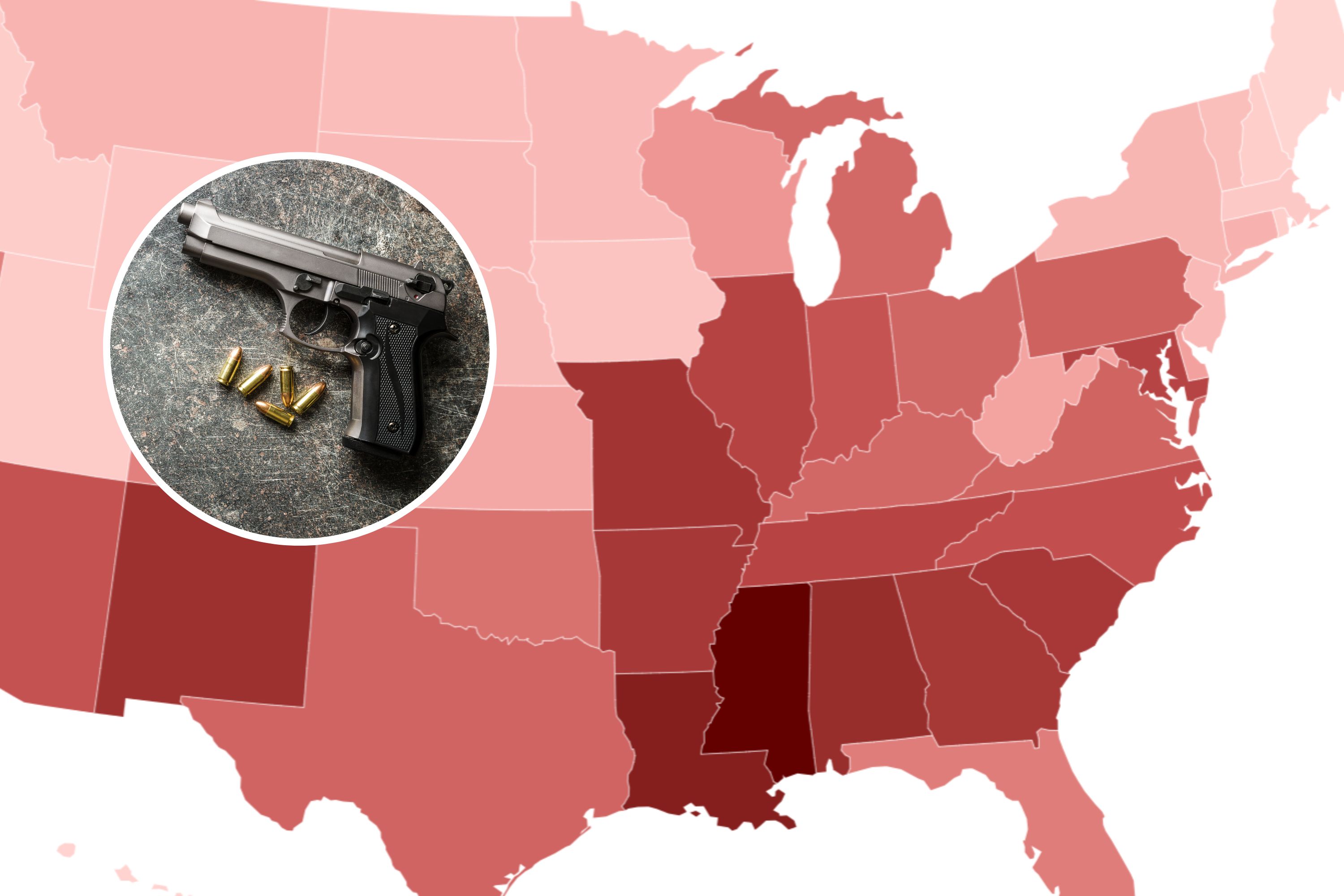April 15 isn't most Americans' favorite day, and that's because most years, it's the official, federal tax deadline. Tax Day, as it's called, has a long and interesting history in the States that goes all the way back to Abe Lincoln's leadership.
While organizing your personal taxes each year may be daunting, and tedious at best, doing so submits you to a civic duty that has been around since the early 1900s.
Here are some facts that outline the history of tax day, how it all began and why we've settled on April 15 as the due date day each year.
Note: 2020 acts a bit differently. Because of COVID-19, the American government extended the year's tax return deadline to July 15.
1861: The First Federal Income Tax
Abraham Lincoln, who was an American president from 1861 to1865, proclaimed the first federal income tax his first year in office. 1861—particularly August 5—is the historical day that marks the future-changing decision.

Lincoln enacted a three percent federal income tax to any household making over $800 a year, according to the History Channel. With today's inflation, that's about $23,500 in 2020, according to officialdata.org. The three percent tax was made a law in 1862 and is called The Revenue Act of 1862.
The president made the decision to tax Americans because of the Civil War— he was having trouble funding the Union's efforts from the government's pockets. Though we're still taxed federally today, Lincoln's system was repealed in 1871.
1909: The 16th Amendment Passes
It wasn't until 1909 that today's tax system passed. Though there was a brief trial for a new tax system in 1894, it didn't pass in Congress because it didn't account for the differences in state sizes. Even the states agreed with the federal decision in 1913, and the tax program, which is solidified as the 16th Amendment of the Constitution, was enacted.
1955: Tax Day Becomes April 15
So how did the American government settle on April 15 as tax day? It started in 1913 with a March 1 deadline, but that's changed. The first shift was to March 15, which the History Channel claims had no real reason. It wasn't until 1955 that April 15 became the new, and lasting deadline.
The decision wasn't really governmentally-based. According to Time, "They switched income-tax day from March 15 to April 15, thus giving the taxpayer an extra month to recover from Christmas expenses and sparing him the yearly ordeal of hearing and reading clichés about the ides of March."
Uncommon Knowledge
Newsweek is committed to challenging conventional wisdom and finding connections in the search for common ground.
Newsweek is committed to challenging conventional wisdom and finding connections in the search for common ground.
About the writer
Kelly started a career in journalism after completing her education at The New School in New York City. She currently ... Read more





